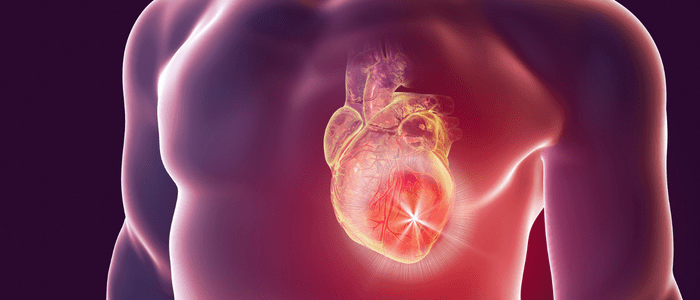DataTools4Heart project to harness real-world cardiology data across Europe to advance heart disease research and care

European Society of Cardiology announces real-world cardiology data from millions of people in multiple European countries will be accessed by the artificial intelligence based DataTools4Heart project to investigate questions in heart disease research and care.
On 20 March 2023, the European Society of Cardiology issued a press release detailing the new European Union funded DataTools4Heart (DT4H) project. Coordinated by the Artificial Intelligence in Medicine lab of the University of Barcelona, Spain, DT4H will extract and consolidate real-world cardiology data from both structured and unstructured information in electronic health records (EHR) of millions of people in multiple European countries. The elevated scale of analysis that this vast venture will unlock will facilitate research to improve cardiovascular health.
The World Health Organization reports that cardiovascular disease is the leading cause of death worldwide. “We hope this innovative project will improve heart health by unlocking vast amounts of currently unused data to address critical clinical questions,” stated Polyxeni Gkontra, co-lead of the project and Assistant Professor in Computational Sciences and Artificial Intelligence (AI) at the University of Barcelona.
Deployment of healthcare data for research in Europe faces privacy and fragmentation issues, a high diversity in data formats and languages, and a lack of technical and clinical interoperability. Consequently, cardiology data that has the potential to advance research and healthcare has remained unused in hospitals across Europe.
DT4H is planned to run in eight hospitals covering seven languages (Spanish, Dutch, Swedish, English, Czech, Italian and Romanian). “To enable information from diverse countries and cardiology units to be combined, it will be harmonized and converted into a common format,” explained Polyxeni Gkontra. Multilingual, AI-powered virtual assistants will help clinician researchers to navigate through the platform and data.
“What makes the DT4H platform unique is that it will use both structured and unstructured data from different countries covering a wide range of individuals whereas existing models are limited to a single country, are trained with small amounts of data, and/or are mainly based on structured data,” described the project co-lead. DT4H will use electronic health record data including structured information such as diagnoses, medications, diagnostic measurements and procedures, and unstructured information including referral letters, discharge letters, clinical notes, radiology reports and surgical reports.
“For the first time, scientists will be able to investigate critical questions in the prevention and treatment of heart disease using data from people across Europe without the data ever leaving the hospital. Patient privacy will be protected through federated learning,” said Gkontra.
An initial version of the platform will be available through a web portal in October 2024 for researchers to test out using clinical questions from their outpatient and emergency departments. “The types of questions that may be investigated include how to risk stratify emergency admissions for heart failure to inform appropriate care, and how to triage patients with cardiac complaints,” detailed the project co-lead. The model will be continually updated and improved with user feedback until final release of the platform in October 2026.
The tools, systems and methodology of DT4H are highly generalized and will be applicable to other clinical and research areas in medicine.
Want regular updates on the latest real-world evidence news straight to your inbox? Become a member on The Evidence Base® today>>>






